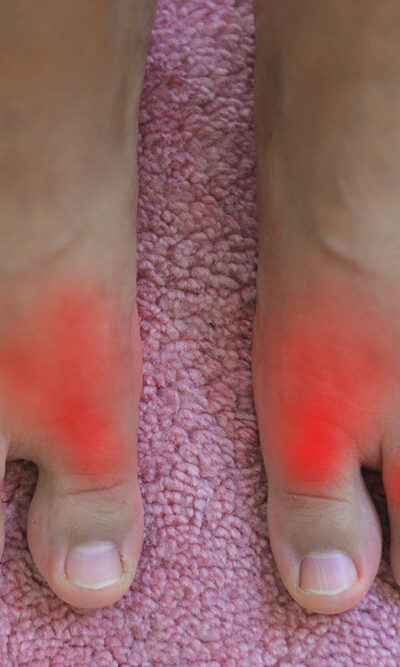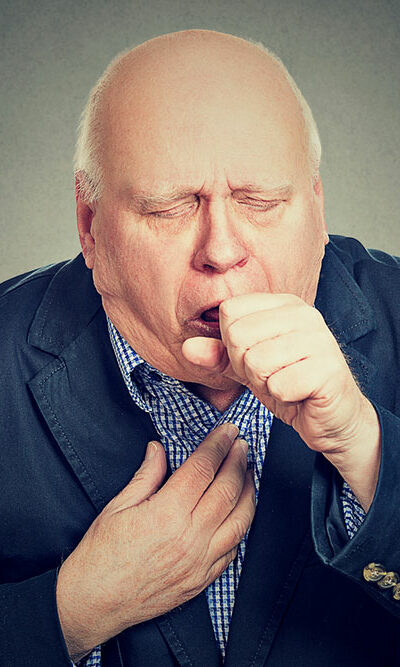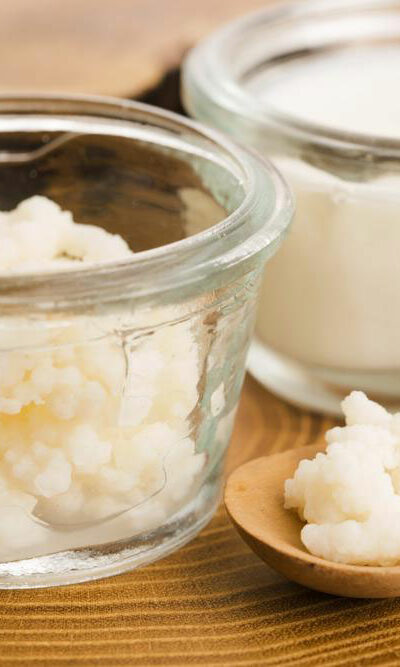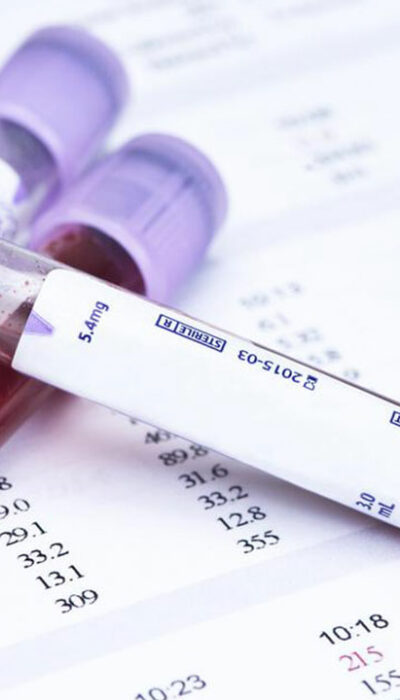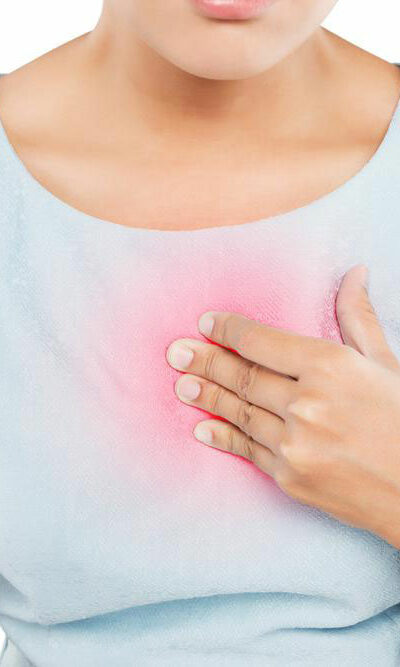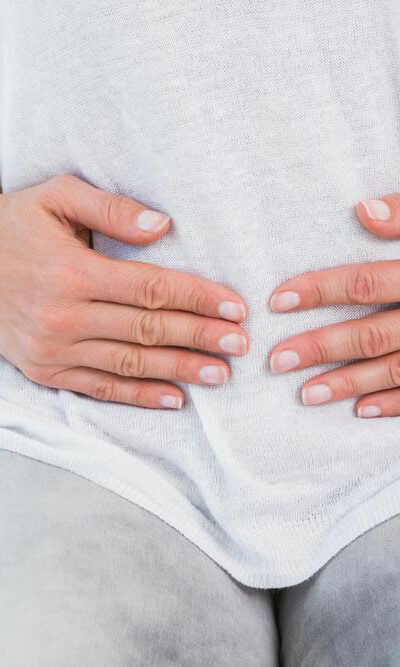
Remedies for an Overactive Bladder
An overactive bladder can make one feel the urge to urinate about eight or more times every day. It can also lead to incontinence and leakage. Moreover, an overactive bladder could be a warning sign of an underlying medical condition. It is not just a medical condition, but it can also affect one’s professional and social life. However, there are some traditional remedies and ways to train the bladder and get it back under control. What causes overactive bladder? Medical conditions: Sometimes, diseases like diabetes, Parkinson’s disease, kidney failure, among others can cause OAB. Age: As you age, your muscles start to weaken. Older people, especially those above the age of 60, are more likely to have OAB. Menopause: Women going through menopause experience several changes in their body. Sometimes, they also face the problem of incontinence. The drop in estrogen levels is believed to be one of the causes of this condition. Pelvic muscle weakness: When your pelvic floor muscles are damaged or weakened, it can distort the bladder and can result in OAB. UTI: Urinary tract infections can also cause OAB. Sometimes, OAB can occur without any identifiable causes. Symptoms Urge to urinate several times a day, both during the day and night Incontinence Urine leakage OAB and your lifestyle Those who suffer from an overactive bladder and incontinence may feel its effects in many aspects of their lives. They may be embarrassed by the frequent trips to the restroom. Some patients may also suffer from constant anxiety. People start to avoid social gatherings, going out to the movies or any other public place, skip going on vacation, may even feel uneasy in their own home, with their own family. Common remedies for an overactive bladder OAB can be treated and controlled in the following ways: Medications: There are a few drugs prescribed for OAB that are known as anticholinergics.


